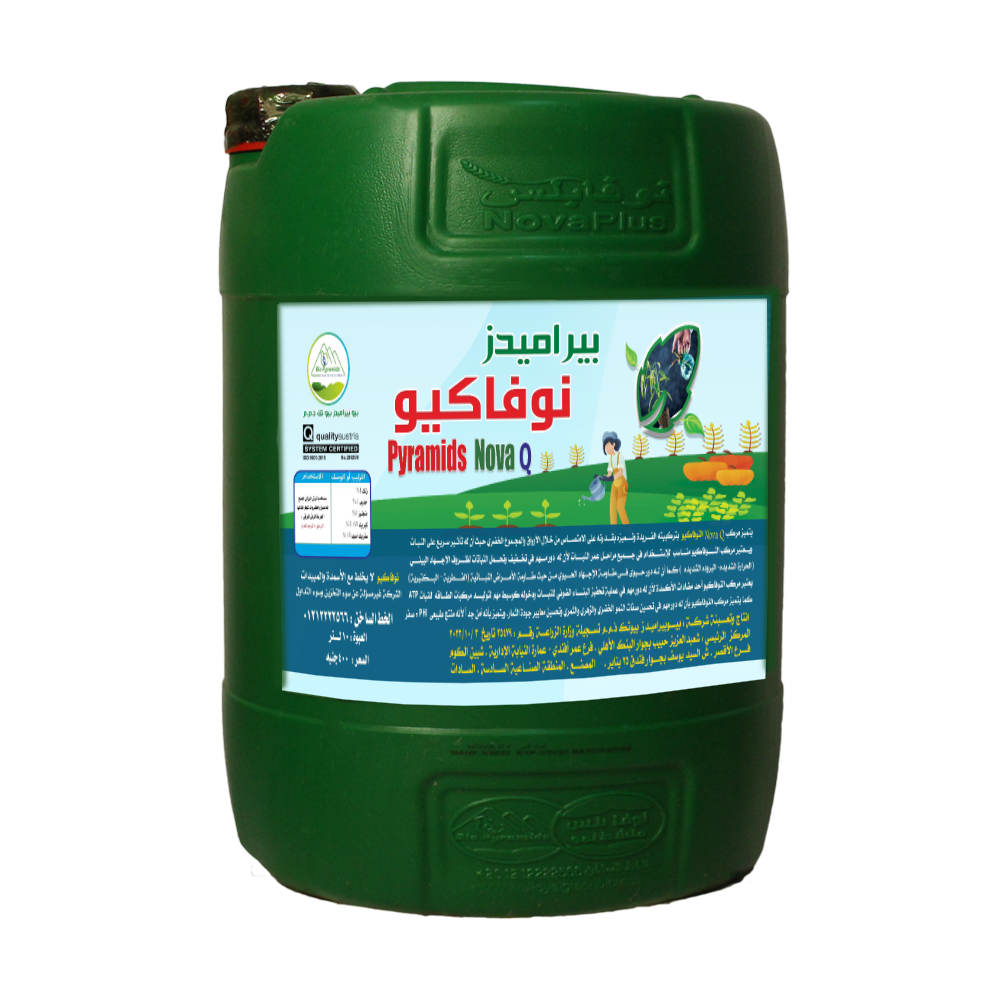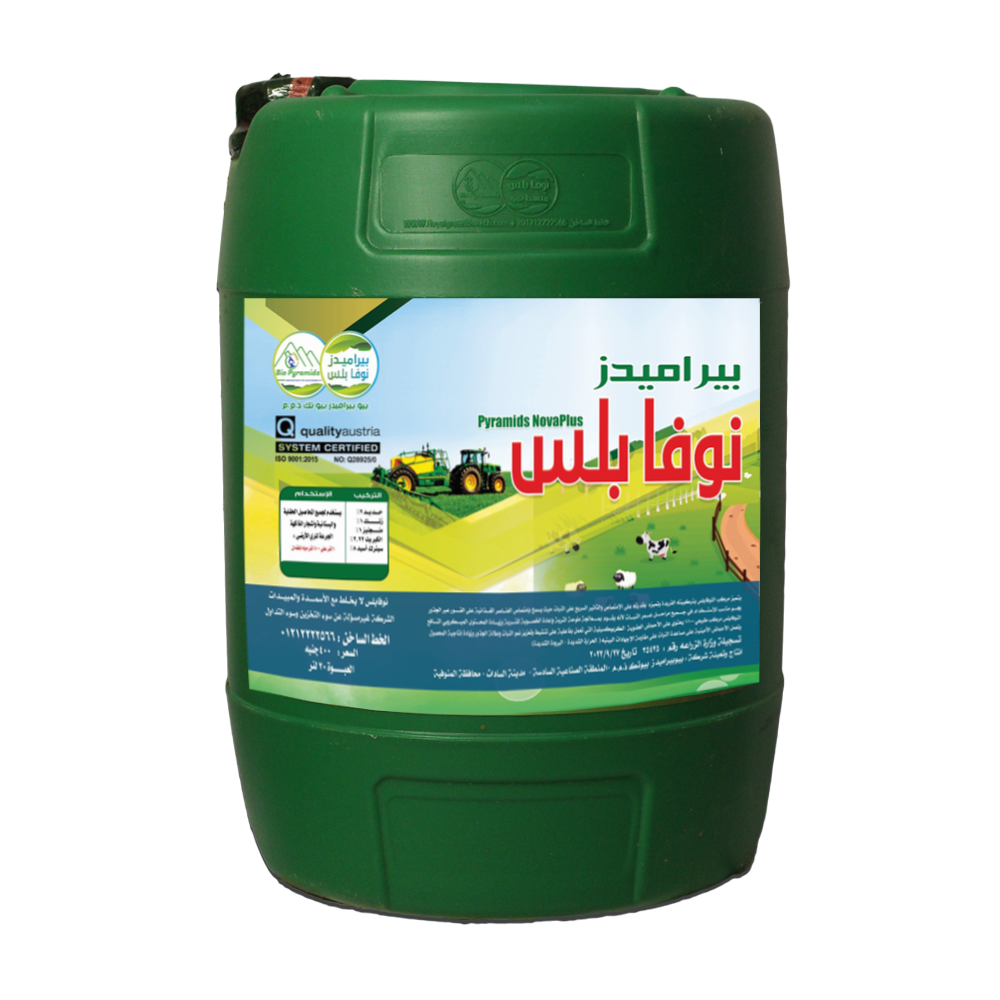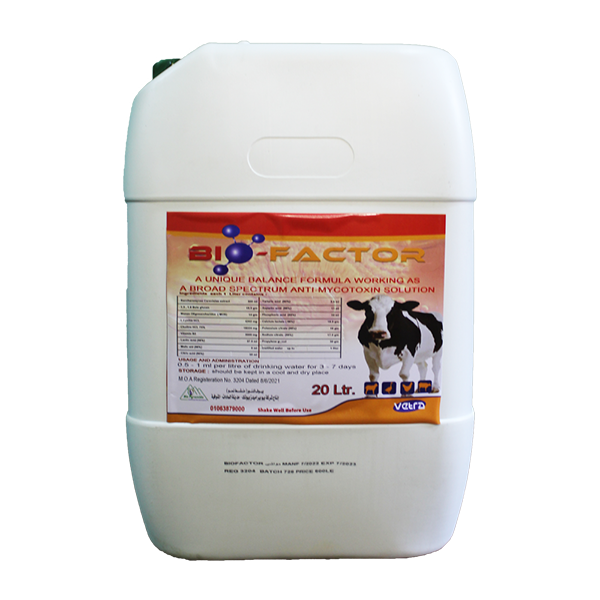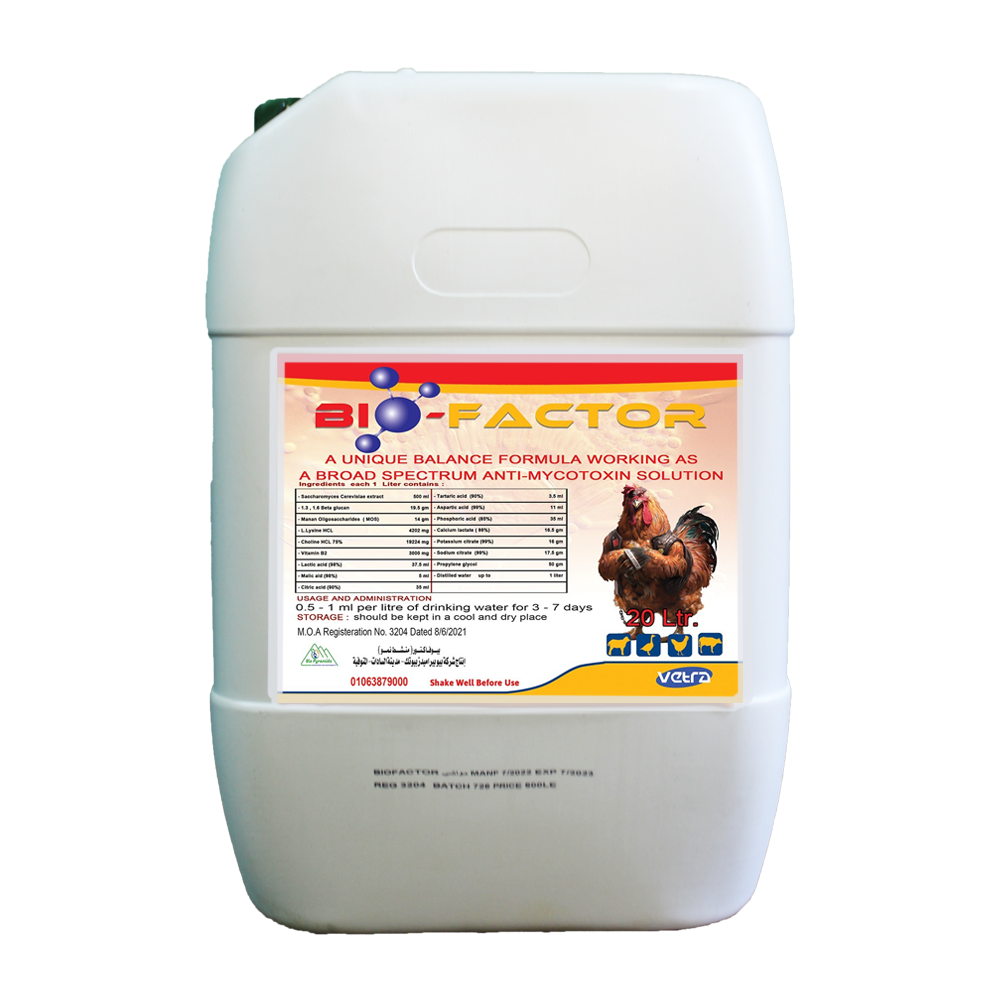الجدعان يرصد تجربة باسم عبدالمطلب في زراعة اللفت الحيوي بالمنوفية
الجدعان القاهره والناس
----------
18/1/2020



a group of beneficial microorganisms that grow naturally in coexistence and complete compatibility in the growing medium in it, Nova Plus contains more than 60 types of beneficial organisms. All of
More >>
Nova Plus fertilizer is a brown-colored liquid that contains a group of beneficial microorganisms that grow naturally in coexistence and complete compatibility in the growing medium in it, Nova Plu
More >>
It's a biological solution that contains beneficial bacteria & yeasts that work to raise the efficiency of the digestive system, increase conversion rates & stimulate the immune system.
More >>
It's a biological solution that contains beneficial bacteria & yeasts that work to raise the efficiency of the digestive system, increase conversion rates & stimulate the immune system.
More >>
Prof. of Organic Agriculture Sadat University & CEO of RGT
A professor of organic agriculture in the field of organic agriculture, and a son of Menoufia Governorate, he succeeded in transforming his research over 35 years into real-world experiences in several Egyptian governorates, despite the many difficulties and challenges he faced in spreading this culture among farmers and citizens, as well as achieving an appropriate return for them. Without using any pesticides.
| Personal account
الجدعان القاهره والناس
----------
18/1/2020
الجدعان القاهره والناس
----------
18/1/2020
معركة الوعي رضا عبد السلام
----------
29/12/2024
نجاحات محمد فتحي سالم
----------
19/10/2024
الجدعان القاهره والناس
----------
20/10/2024
الجدعان القاهره والناس
----------
11/10/2024